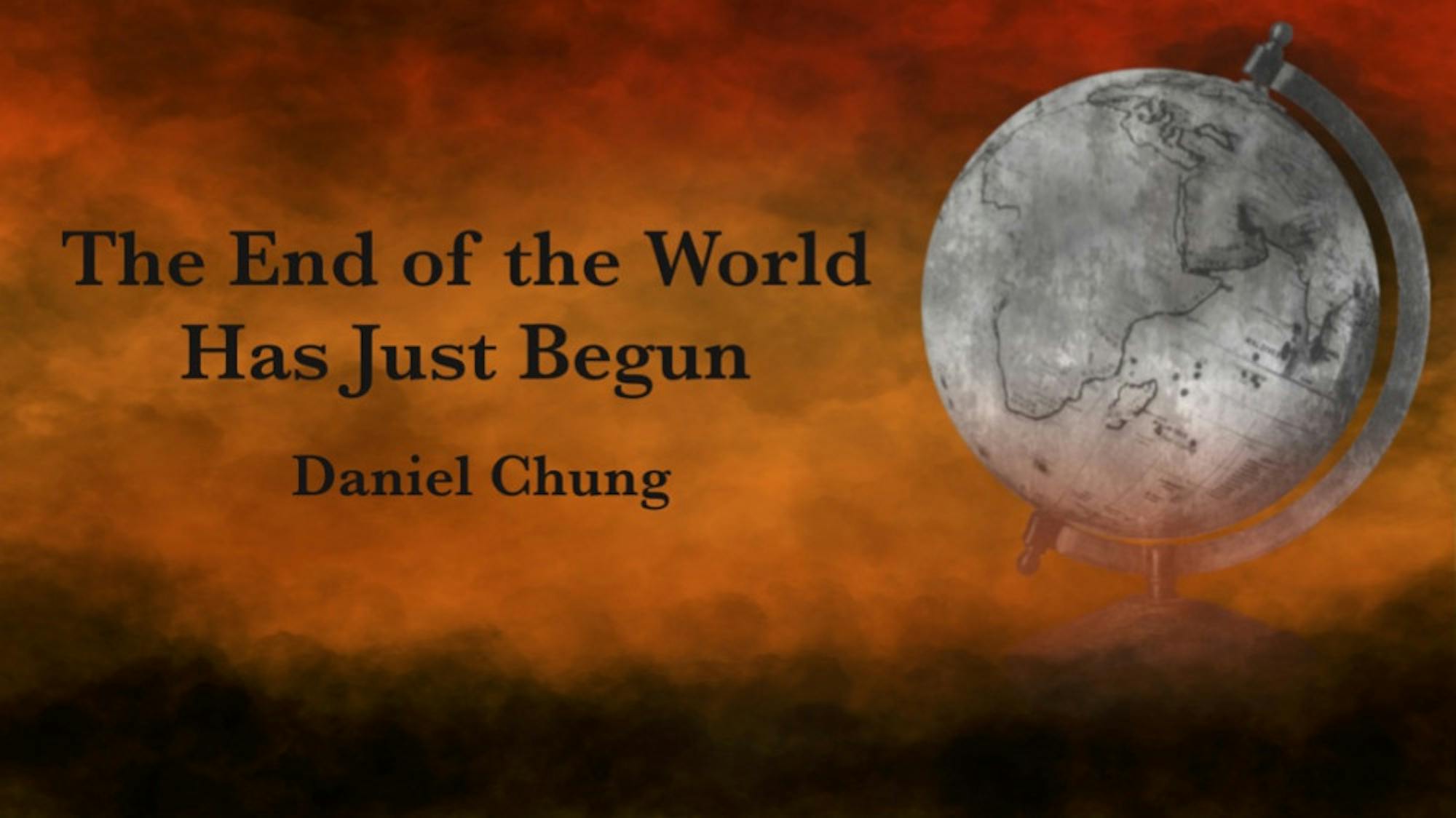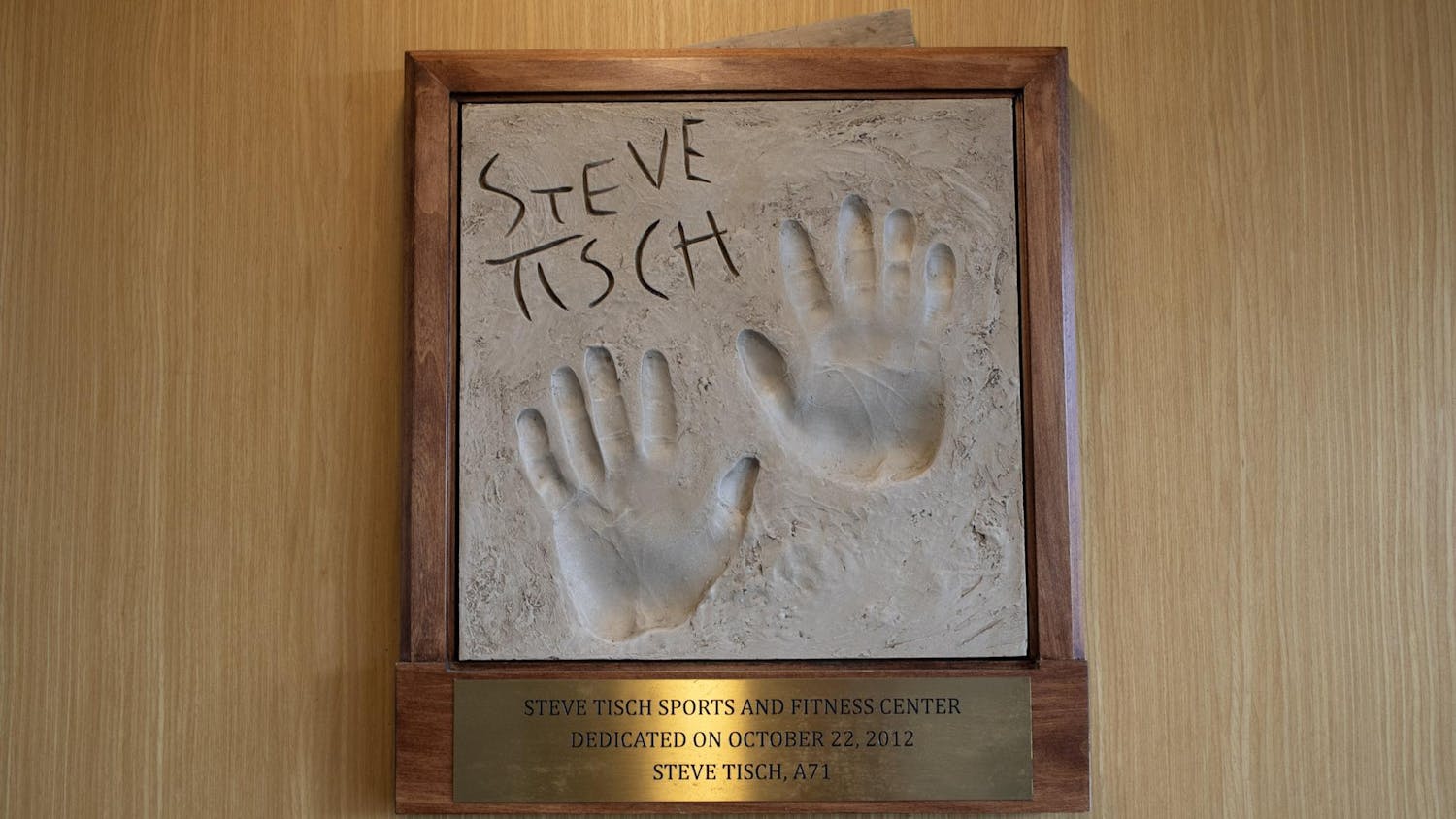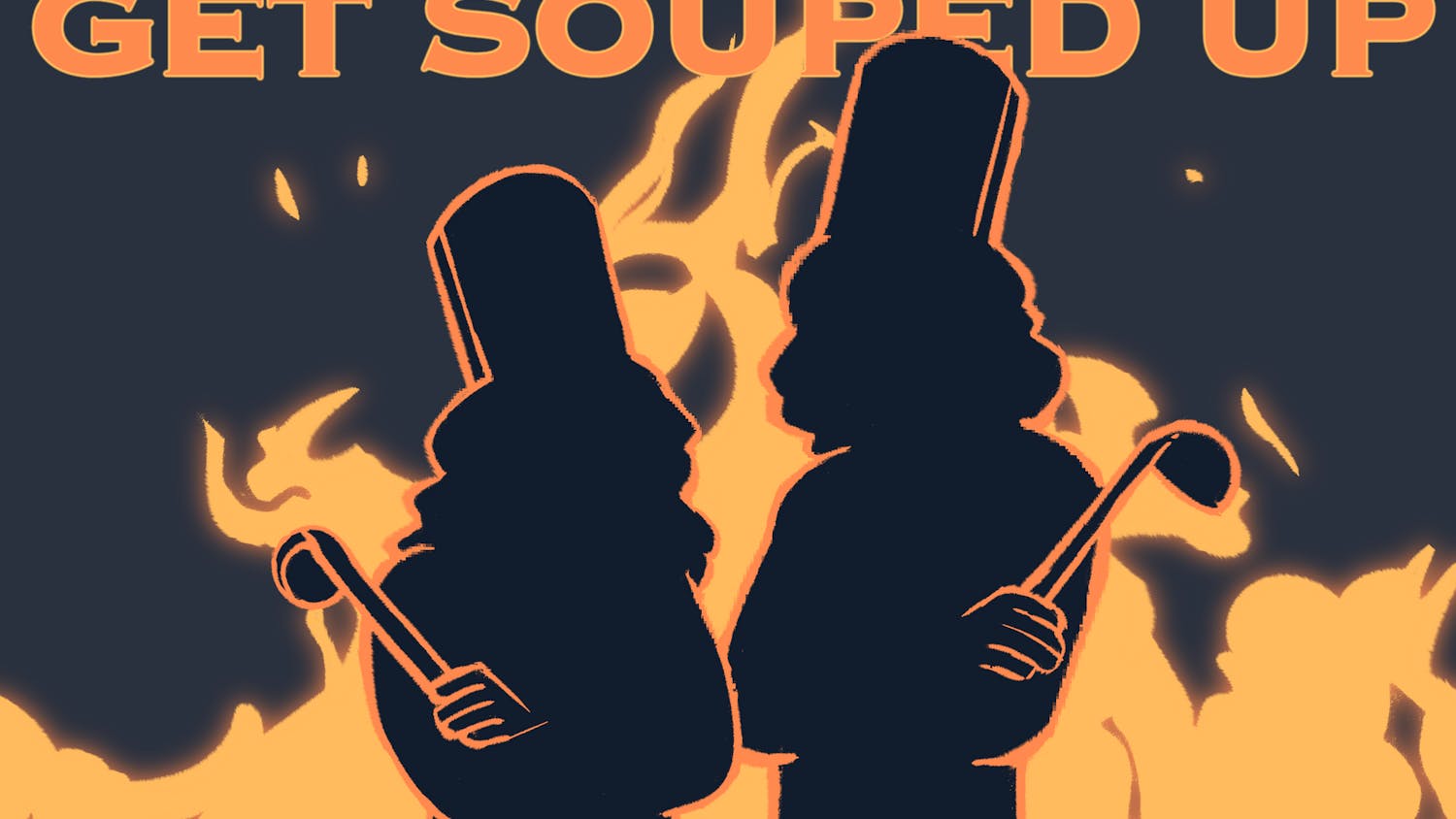To understand the end of globalization, we need to go back to its beginnings. Shockingly, our current global system is less than 80 years old, and an aberration rather than the norm.
Before 1945, the world consisted of separate imperial systems, such as Britain, France and Japan, characterized not by free trade between states, but instead by imperial heartlands which exported goods to colonies and extracted raw resources for domestic industry. These empires lacked much cross-system trade, since allowing your country to rely on another nation economically was extremely foolish, as war could completely disrupt supply chains. This system persisted until the First World War, which broke down many imperial systems, though their death knells would come later.
Following the Napoleonic and Crimean wars, where France and Russia were kept from European hegemony, a careful balance of power was established, allowing seafaring empires to acquire foreign possessions without butting heads at home. Soon, the world was carved up and expansionary ambitions shifted to the heartlands. The question of the Northern European plain’s indefensible geography re-emerged, particularly in relation to Germany; strategic positioning between the French and the Russians has often been pointed to as a reason why Germany was a major aggressor in the First World War.
After the war, Europe’s balance of power was in shambles; France was calling for Germany to be diminished so much it could never again be a threat, and imperial Russia had fallen to communism. The only way to maintain peace was if someone kept Germany strong enough to hold off French or Soviet expansion, while also being unable to amass enough power to make a bid for dominance. However, neither the United Kingdom, distracted by independence movements in India and Ireland, nor the isolationist United States, reluctant to step in after the war, assumed this role. Ultimately, the German question went unresolved, and this would result in one of humankind’s most horrific wars.
This time, the aftermath proved different. The devastation had ruined the navies of Europe’s empires far more than the First World War had. Additionally, the U.S.S.R., opposed to the U.S.’ international role, was looming over global affairs. Given this, and the reality of American naval primacy, America offered a deal to willing Western European countries. In exchange for handing over their security policies to American interests through NATO, Western Europe would receive economic assistance, the beginning of which came to be known as the Marshall Plan. At Bretton Woods, the U.S. christened this system, and the Soviet Union refused the deal, setting the opening tone of the Cold War.
This was the beginning of the world as we know it today. With globalization, America bribed other nations to join up an alliance to fight the Cold War, where they would be on the front lines, but would gain access to global trade as guaranteed by the American navy. Everyone was able to trade freely, gain access to low cost products and easily integrate with foreign markets. The outcome of this plan — at its root a security arrangement — was a victory for the U.S. in the Cold War. But that was 30 years ago.
For the last few decades, we have gotten used to being able to have mangoes grown from halfway across the world, phones made in China and fertilizers and natural gas from Russia, all for lower costs than ever before, even in relatively self-sufficient nations like the U.S. Now, the globalized system is facing ruin. The United States has not been interested in maintaining globalization for decades, and many states, like Sri Lanka, face aging crises that will turn into depopulation bombs, throwing supply chains into chaos. In the aftermath, the world and all the products we consume will be worse, more expensive and slower than we have grown used to, and the ripple effects of the collapse will not spare Americans — just take a look at the impact of the Russia-Ukraine war on gas, or the recently reduced ability of Apple to rely on China for low-cost manufacturing. The grass is always greener on the other side, and whatever comes next surely will not be as pretty as the system that we have come to know.






